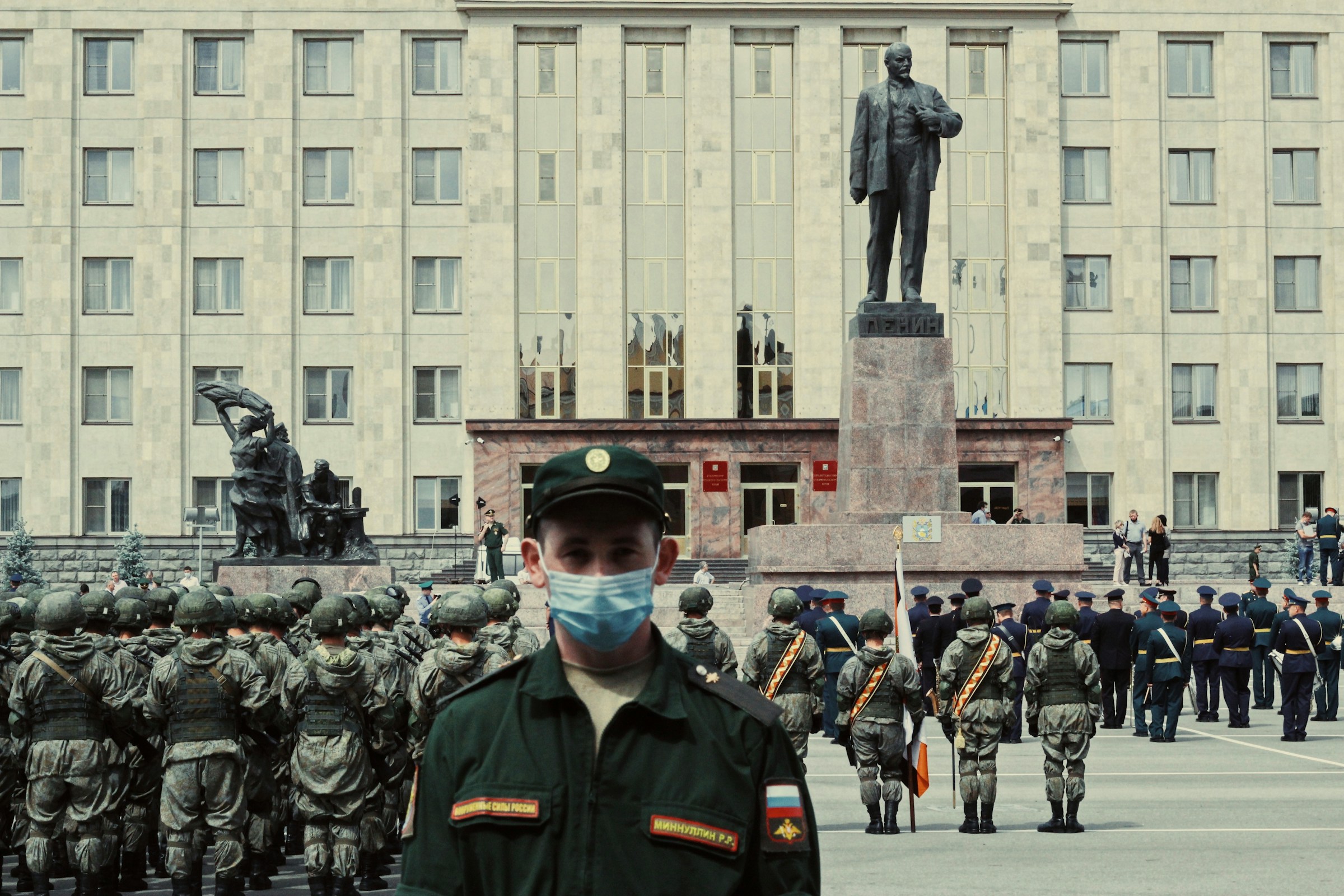Man, when Russia kicked off its full-scale invasion of Ukraine a few years back, you’d think they’d have been at their peak— seasoned soldiers, some with years under their belts, and a reputation as the world’s second-best military. But even then, calling their performance “professional” feels like a stretch. I mean, the slip-ups were everywhere, from the lowliest recruit to the top brass, and it’s hard to unsee once you start digging into it. Let’s take a stroll through some of the wilder examples, shall we?
Take those infamous stalled convoys rolling into Ukraine at the war’s start. They didn’t just hit a snag—they flat-out broke down, and not always because of Ukrainian ambushes (though props to those guys for their grit and smarts). Nope, sometimes the Russians tripped over their own feet. They didn’t pack enough fuel, or worse, their own soldiers had swiped it—or even copper parts—before hitting the road, treating their gear like a personal piggy bank. It’s like they thought Ukraine would just roll out the welcome mat and hand over Kyiv without a fight. Spoiler: that didn’t happen. Those early fumbles cost Russia big time, stalling their big push and forcing them back to the battle lines we’re still staring at today—lines that’ve barely budged, save for some stellar Ukrainian counteroffensives.
And it didn’t get better once they dug into occupied territory. The looting? Oh boy. It wasn’t just about pocketing cash—though that happened—but some downright dumb moves that got soldiers killed. Any pro soldier will tell you: don’t loot in occupied zones. It’s not just against the rules; it’s a death wish with booby traps and worse lurking around. Yet Russian troops grabbed irradiated junk from Chernobyl—stuff that should’ve stayed locked up—and vodka that turned out to be poisoned, knocking out entire platoons before they even faced the enemy. You can’t make this stuff up!
This lack of professionalism’s been Ukraine’s secret weapon, letting them outmaneuver a force that can’t seem to get its act together. Russia’s got this every-man-for-himself vibe, forcing them to lean on harsh tactics just to keep soldiers in line. And here’s the kicker: it’s not improving. If anything, it’s sliding downhill, and I’ll tell you why in a sec. First, a shoutout to Ground News, who made this episode possible. When I dive into stuff like this, with all the competing narratives flying around, I rely on Ground News to cut through the noise. It pulls together articles on any topic—say, Trump’s latest nod to sending Patriot missiles to Ukraine—so you can spot biases or gaps. It even shows who owns the outlets, which is a game-changer for sniffing out profit motives. I’m hooked on the Vantage plan, and you can try it too with 40% off using my link or QR code below. Alright, back to it.
Those early flops? They stemmed from soldiers more interested in personal gain than patriotism. Every military’s got its bad apples—heck, even the U.S. saw looting and betrayal in past wars—but for Russia, it’s the norm, not the exception. And now, with recruitment, it’s getting worse. Russia’s dangling cash—big bonuses, hefty salaries, death benefits—like it’s the best gig in town. Back at the war’s start, they split their forces: pros in the military, mercenaries like Wagner chasing the highest bidder. The idea was the pros might care about country, while the mercs were all about money. But that line’s blurring. The military’s filling up with mercenaries in spirit—guys signing up for the paycheck, not the flag.
This creates a vicious cycle. Soldiers motivated by money don’t want to die—they want to cash out. So Russia’s cranking up the brutality, making commanders scarier than the enemy. And as they hike the bribes to lure more recruits, they’re scraping the barrel—lower-quality fighters who care even less. It’s a downward spiral: more men, higher costs, worse performance. They’re even turning to foreign mercs from poorer nations like Uzbekistan or Cuba, who’ll work cheaper, but now you’ve got language barriers turning battlefields into chaotic free-for-alls. Meatwave tactics—where you’re more scared of the guy behind you than the one ahead—become the go-to.
This cash-driven mess explains why Russia’s so cagey about casualty figures. They know mercenaries weigh the odds: big payout if I survive, but what are my chances? So, the Kremlin downplays deaths, painting the war as a safe bet against Western hype. I used to think they hid numbers to avoid domestic backlash, and maybe that’s part, but losing my cousin in Ukraine shifted my view. Families who lose someone often double down, wanting their loved one’s death to mean something. Russia could spin that for patriotic fervor—look at our sacrifices!—but they don’t, because they know their people aren’t buying it. They’re betting on mercenaries’ greed, not national pride.
It’s a stark look at Russia’s soul—or lack thereof. A war for profit or power can’t lean on patriotism; it needs cold, hard cash.
